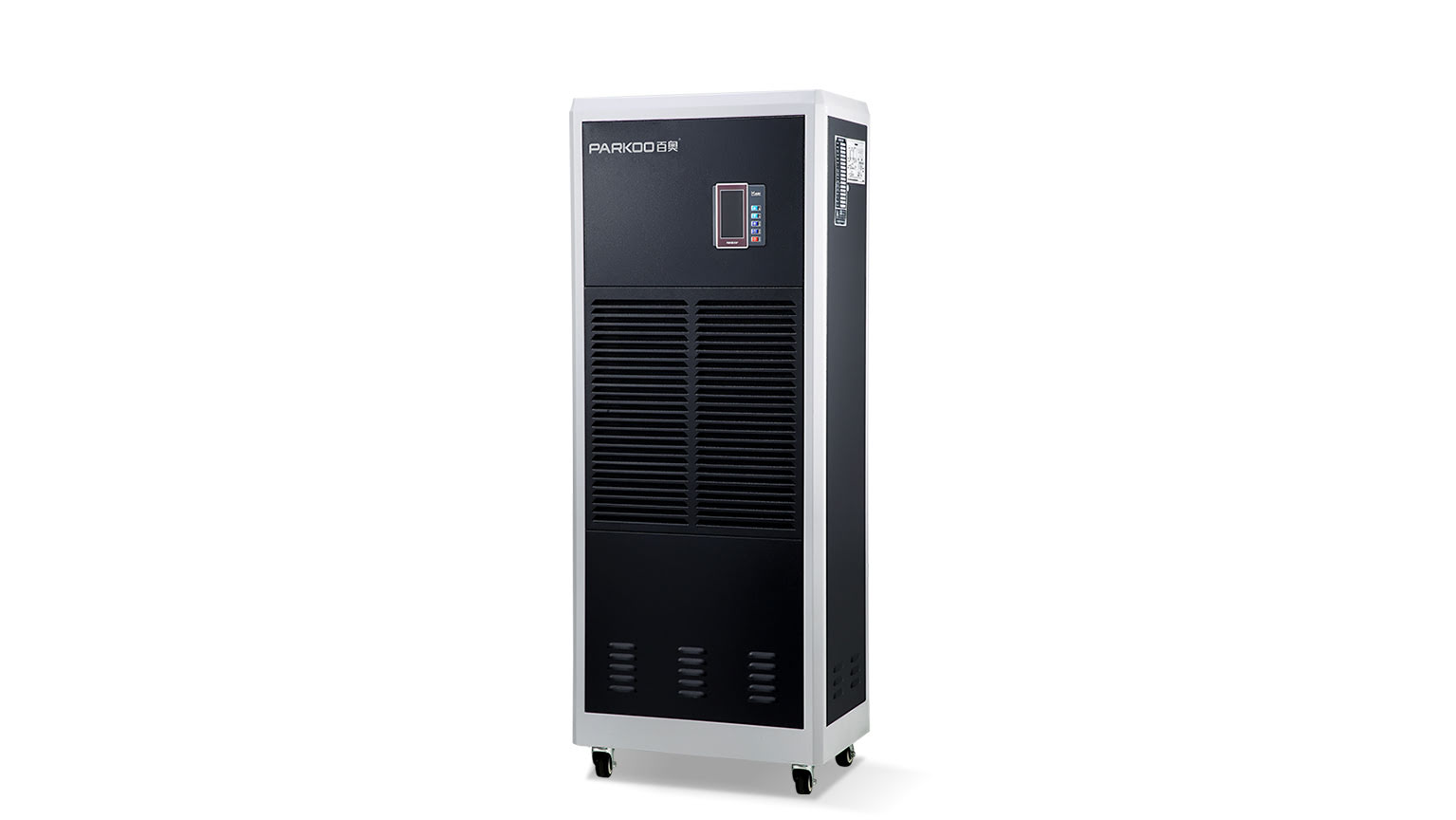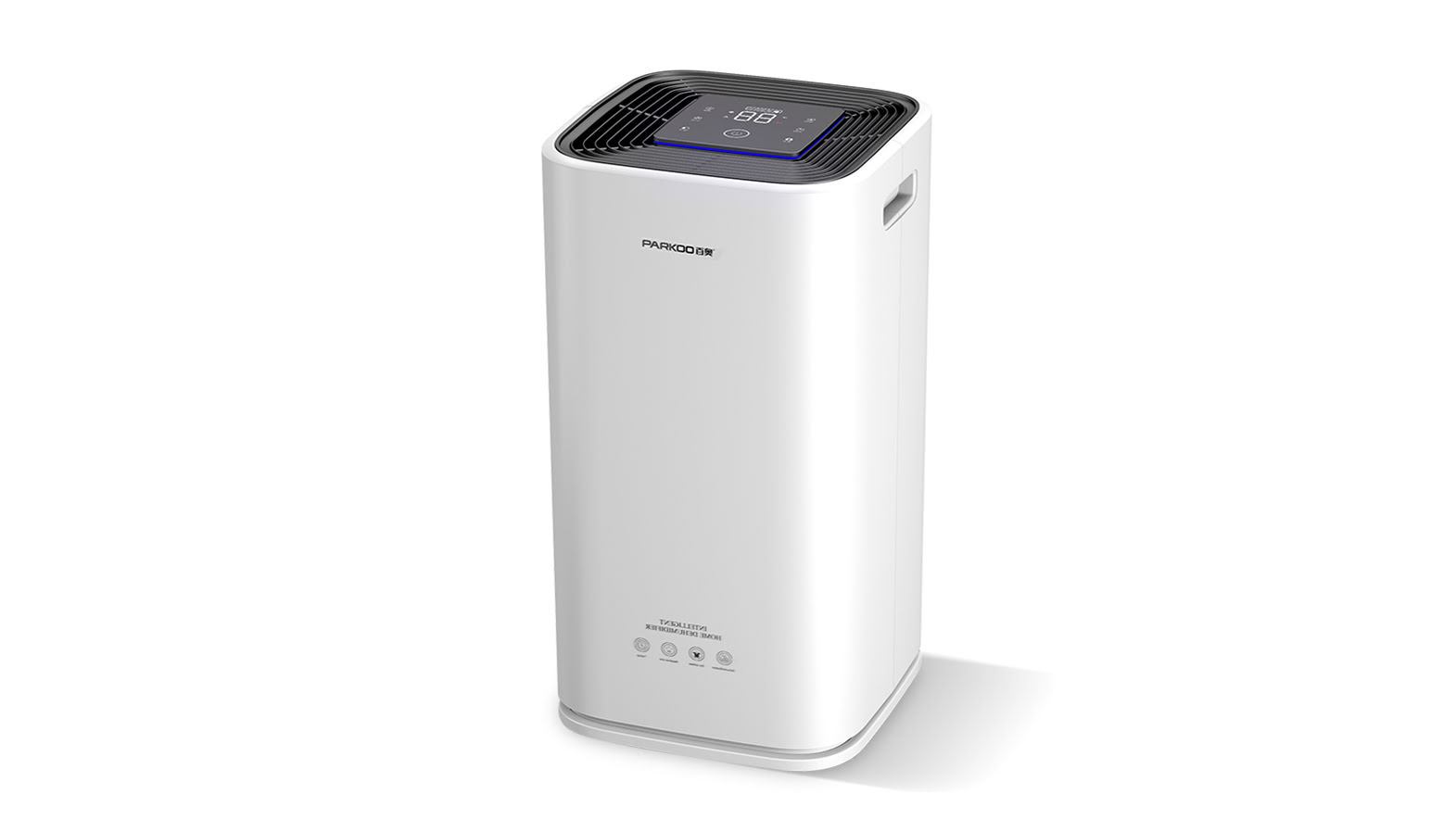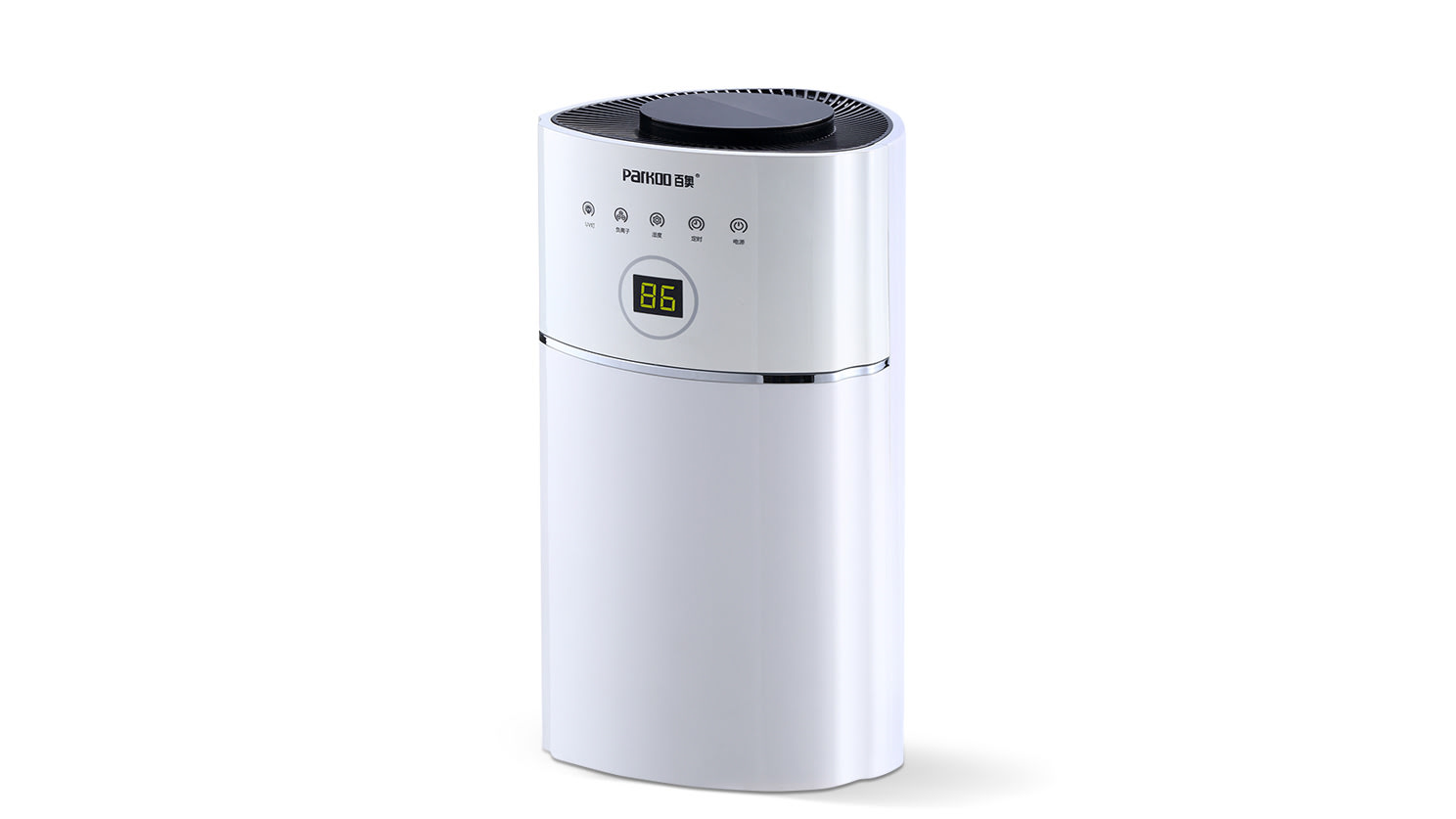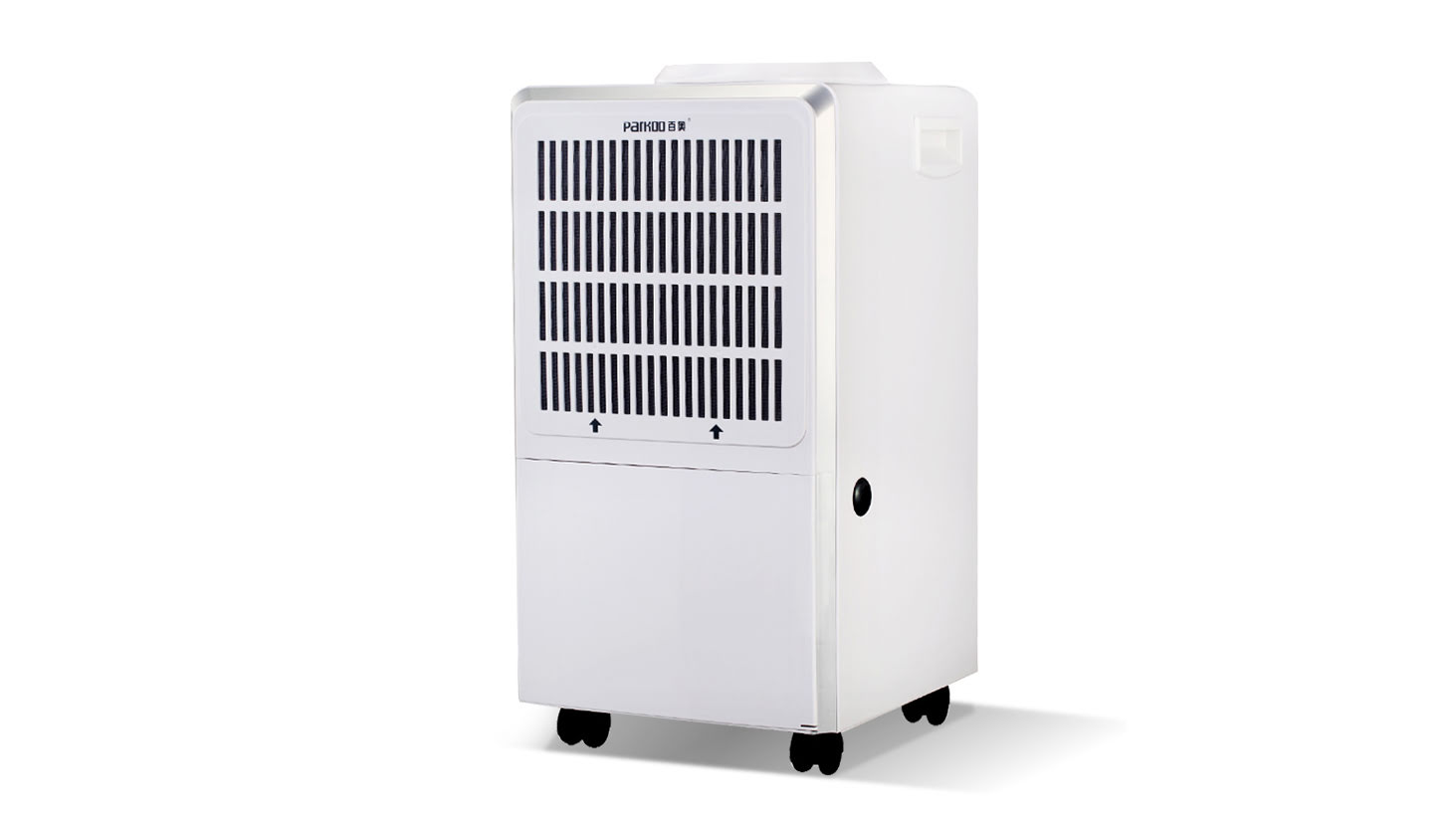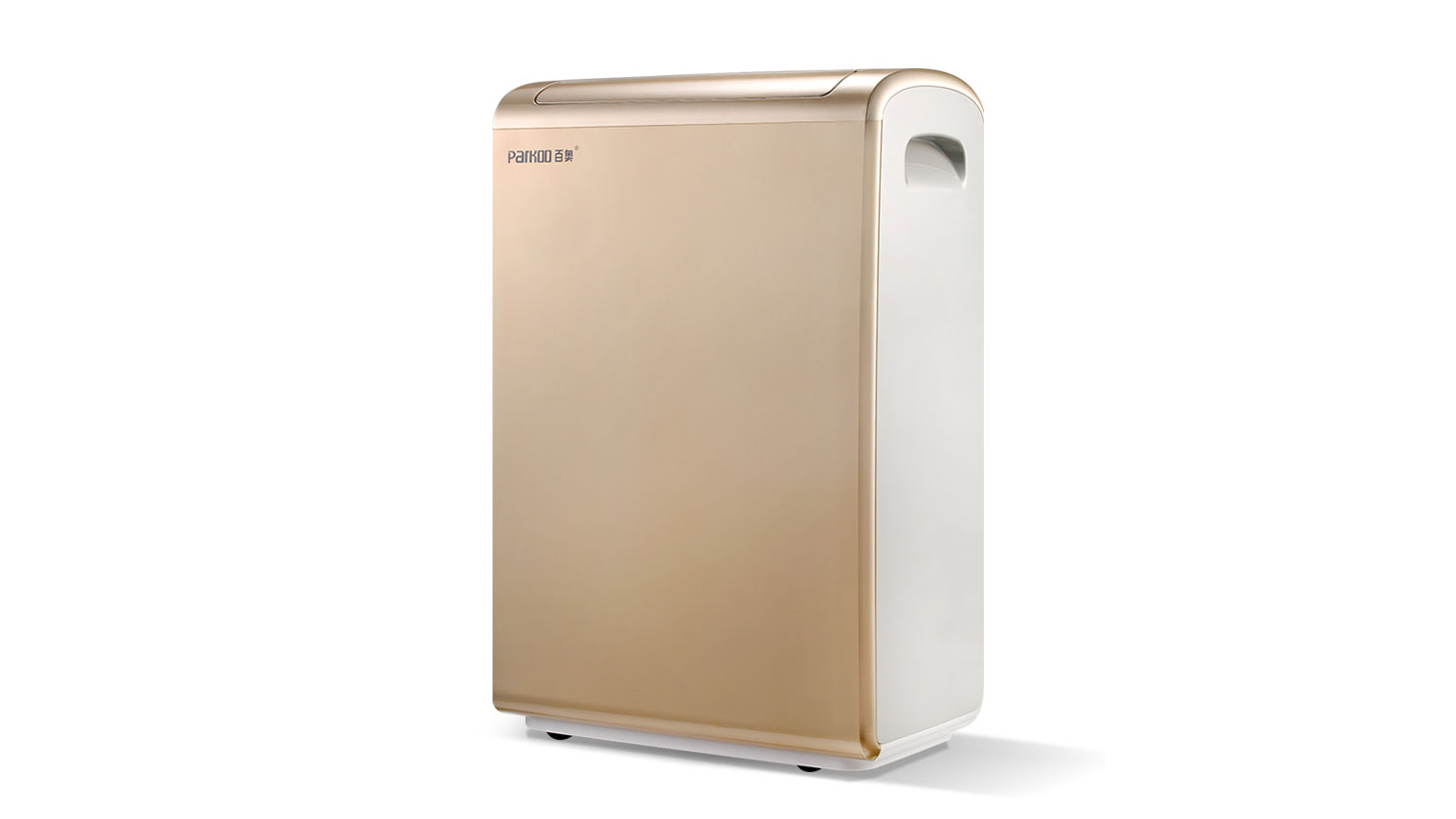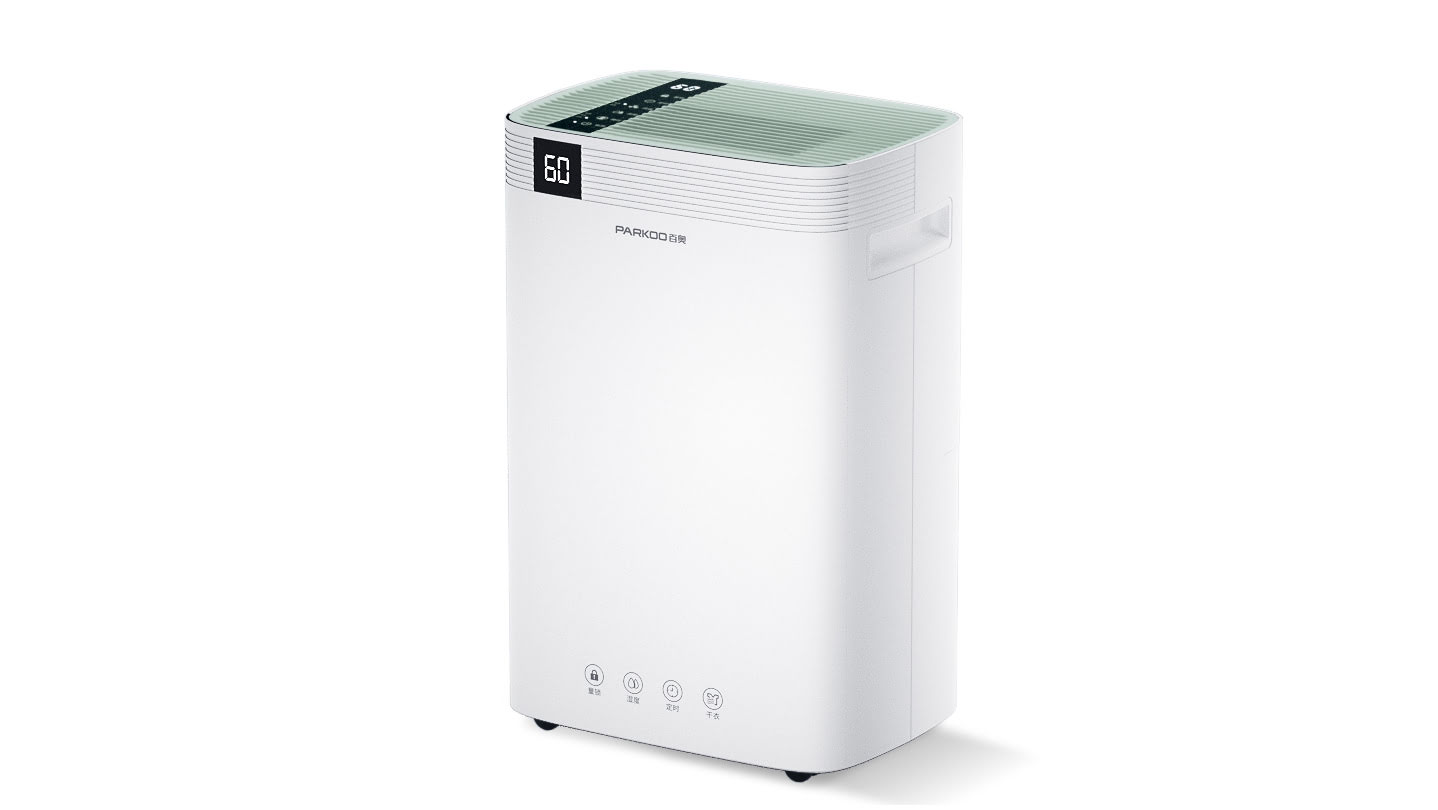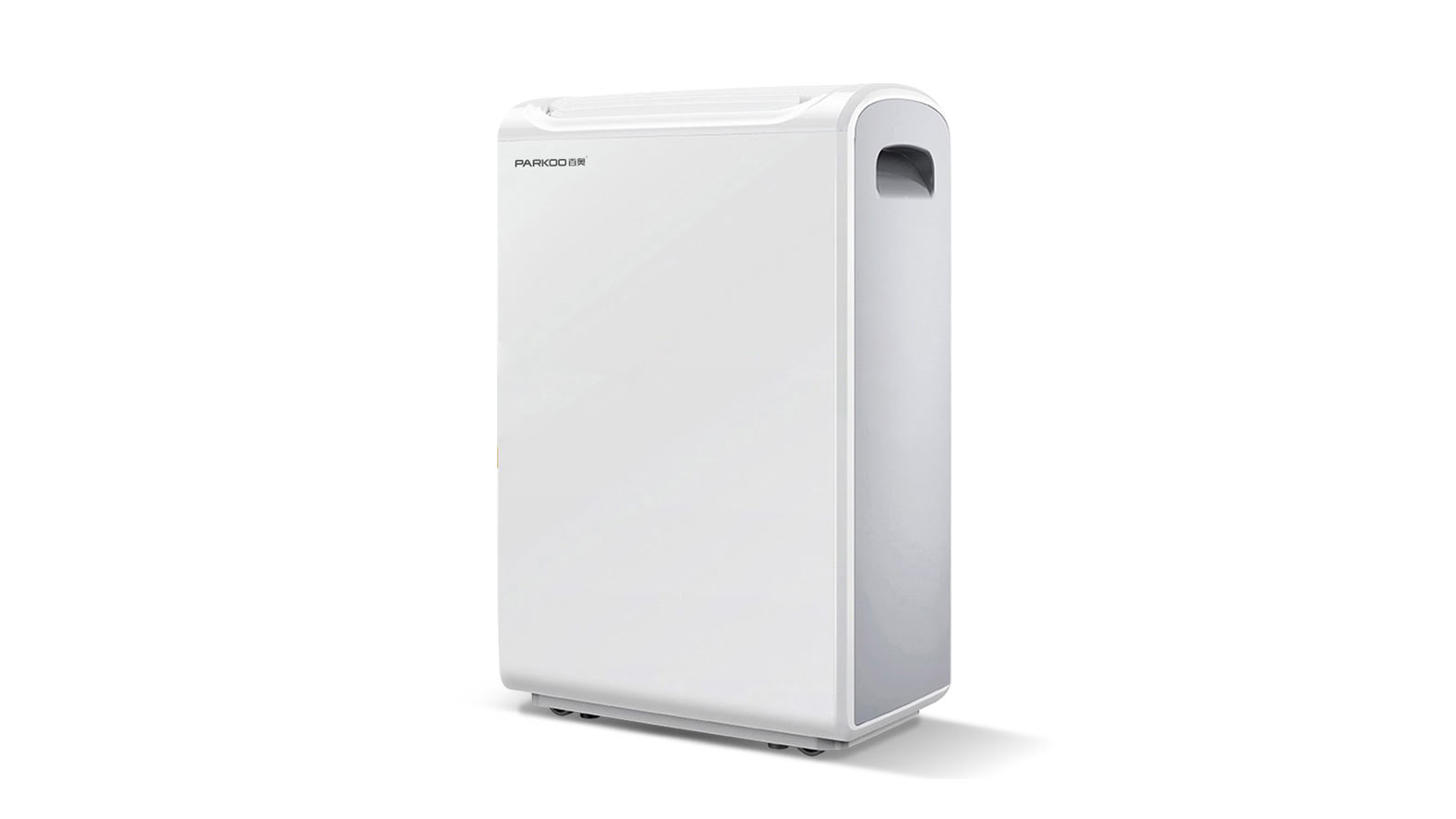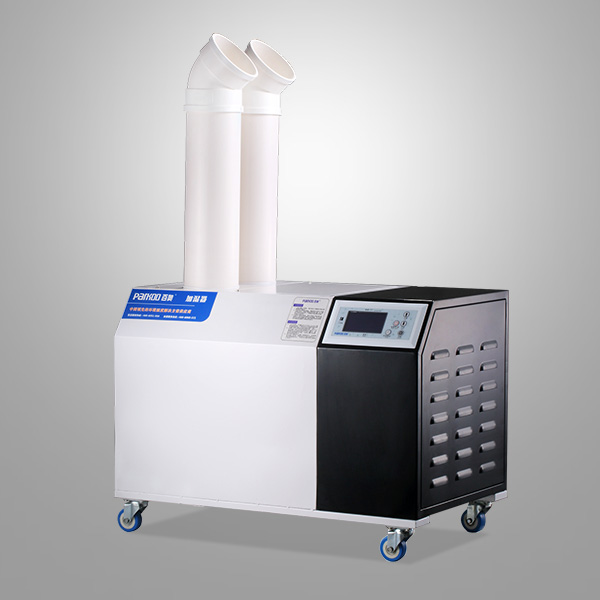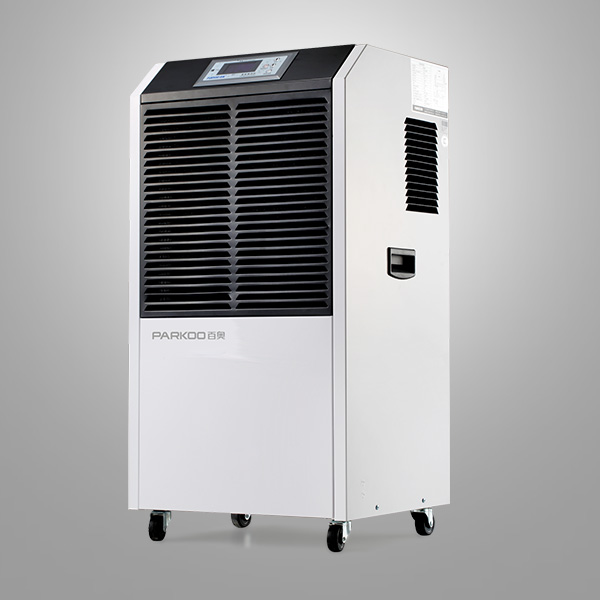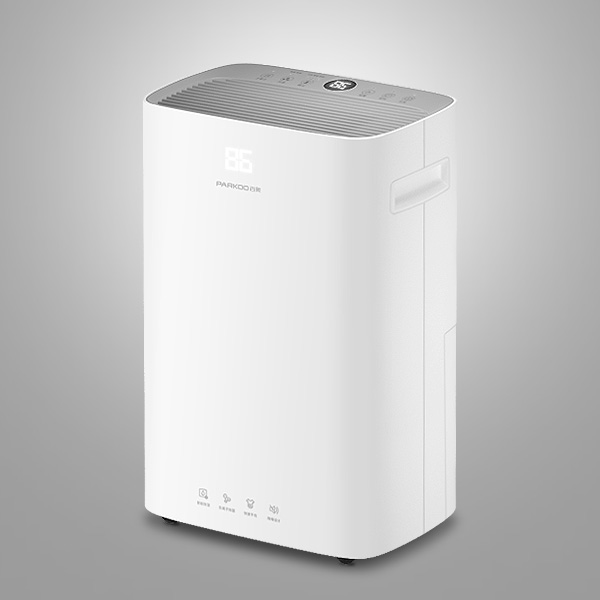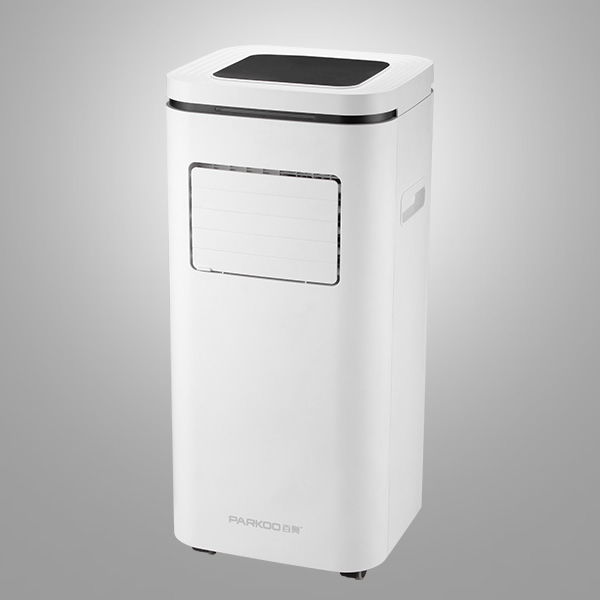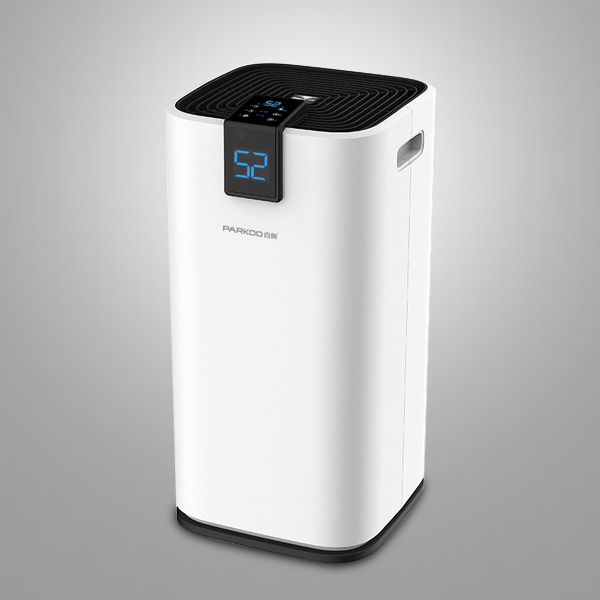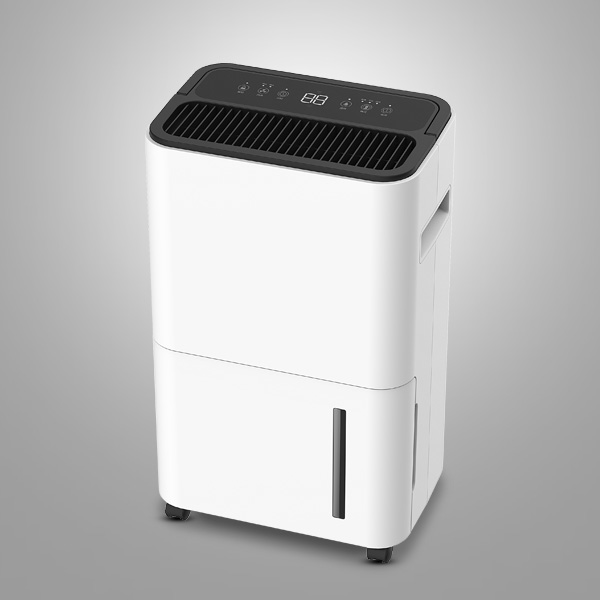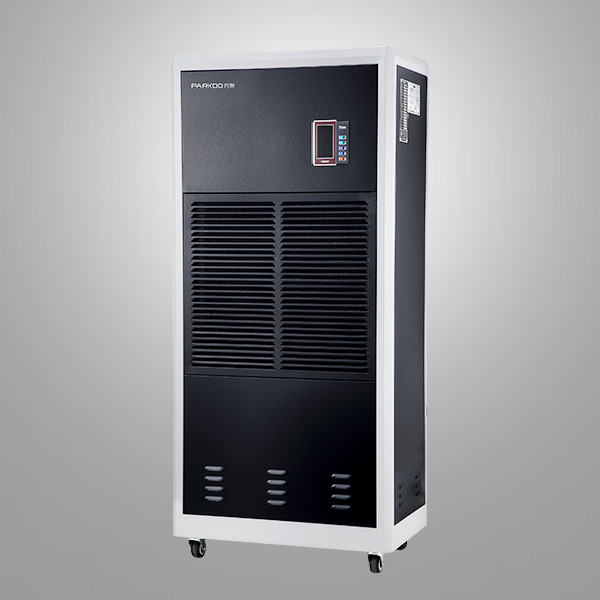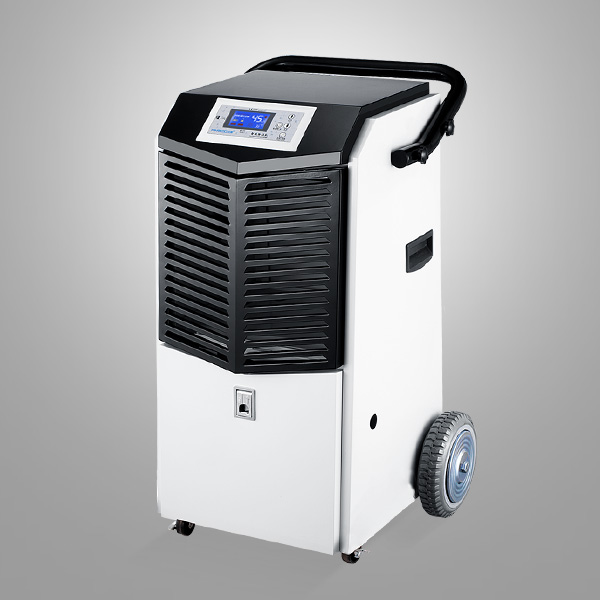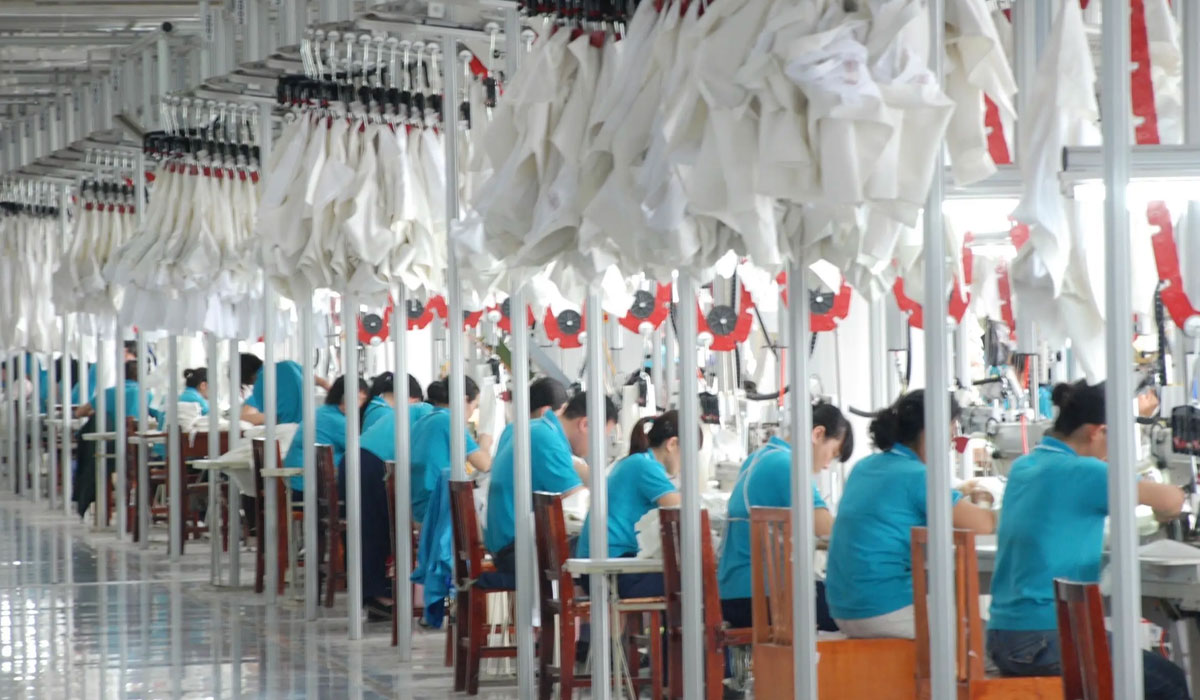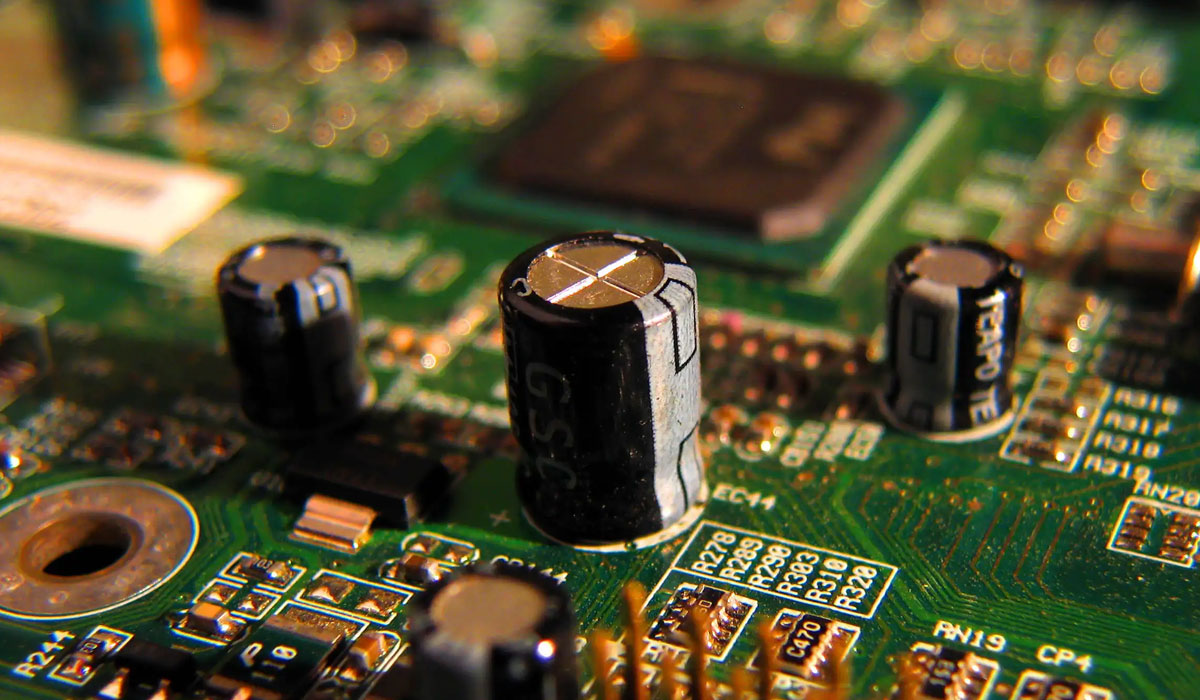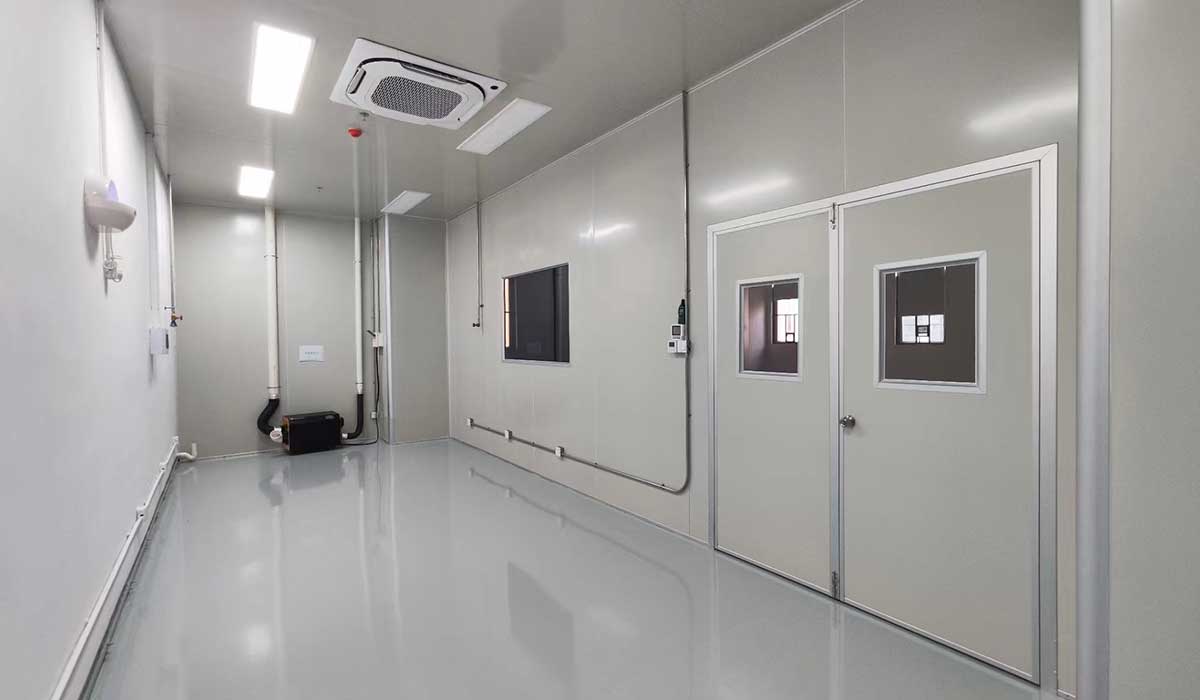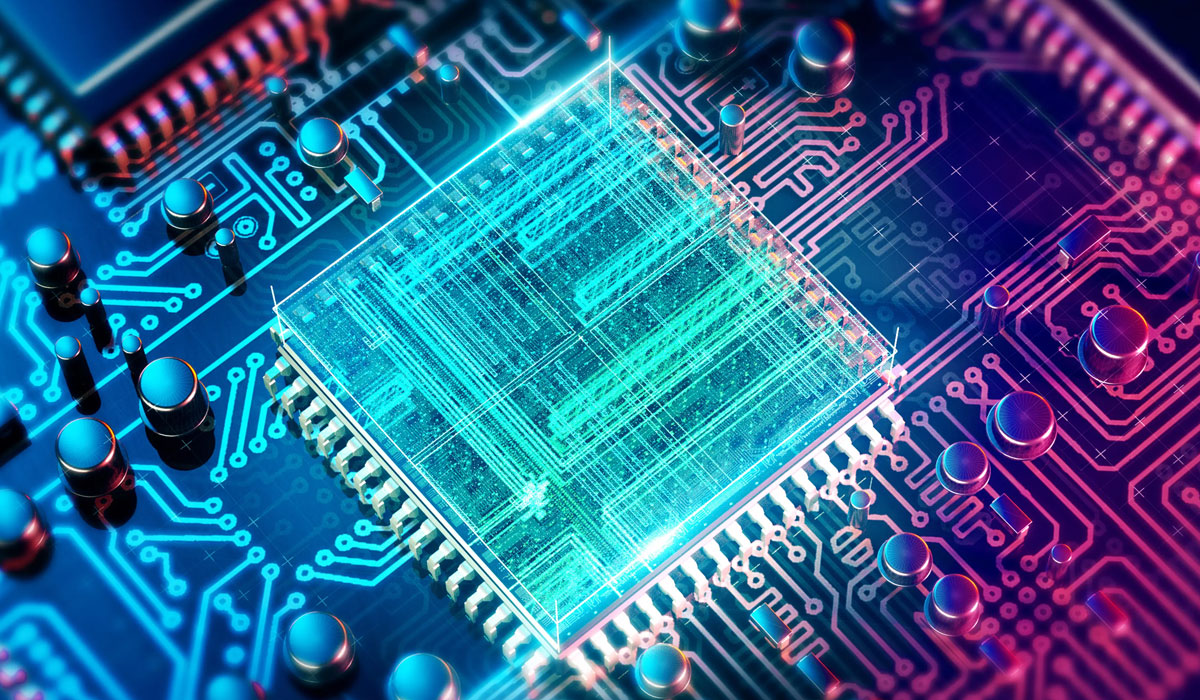Owning an indoor swimming pool can provide multiple hours of enjoyment for your family and friends. In addition to the initial construction costs, maintaining an indoor swimming pool may be expensive. You can save a lot of energy costs by following valuable energy-saving techniques, such as using a swimming pool dehumidifier and a circulating pump of the correct size
This also applies to more than just private indoor swimming pools. Health clubs, spas and gyms may suffer from the adverse effects of excessively humid indoor environment. Excessive moisture in the air can lead to the growth of mold and mold, as well as many health issues for sensitive personnel. If you own or manage indoor water areas, you must absolutely obtain an appropriate swimming pool Dehumidifier The climate around the indoor swimming pool is very humid. Indoor swimming pools and spas continuously generate a large amount of water vapor through the evaporation process
Image the water surface of a swimming pool as a large humidifier, which can add a large amount of water to the pool whenever the air dew point is below the water temperature. This is called surface condensation It is important to maintain the temperature of the pool water below the air temperature. If not, you will have additional energy costs as the swimming pool is heating up the room space. This will also lead to inevitable moisture issues. You should follow the recommended relative humidity standards and maintain RH levels between 50% -60%
Increase the service life of the swimming pool
Without an effective swimming pool dehumidifier and ventilation system, you may experience mold appearance, corrosion, structural damage, and uncomfortable swimming pool environment. In addition to a properly sized swimming pool Dehumidifier, it should also be emphasized that no matter how your swimming pool is designed, some form of ventilation is essential
When air leaks, water vapor enters walls and ceilings, which is called gap condensation. This hidden condensation can cause the swimming pool to deteriorate in the form of corrosion
Warm, moist air mixed with chlorine from pool chemicals attacked Ferrous and accelerated destructive corrosion. As chlorine containing water vapor seeps into the walls of your swimming pool, it will begin to deteriorate cement blocks, mortar joints, and bricks. All metal objects (including doors and lighting fixtures) are subject to chlorine induced corrosion
Conventional Dehumidifier_ YDA-858E can extract up to 60 liters of water from the air every day. It can run at any time or only when the built-in humidity sensor is installed. Conventional Dehumidifier_ YDA-858E can stand on the floor or be installed on the wall. This is an ideal Dehumidifier for a private indoor swimming pool
If you need to maintain the optimal humidity level in a large public swimming pool, you may need a CFB4.0D wall mounted commercial and swimming pool Dehumidifier CFB4.0D can extract up to 4kg/h of atmospheric moisture every 24 hours. CFB4.0D is powerful enough to effectively become the perfect humidity solution for almost any size indoor swimming pool area. You can also learn more about the advantages of the swimming pool Dehumidifier here
When you purchase a swimming pool Dehumidifier, please look for functions such as continuous drainage and automatic restorer. It is likely that you will not often check the status of the Dehumidifier, so the automatic restart function may be very convenient. If the power is interrupted, your swimming pool Dehumidifier will resume operation mode after the power is restored A humidity regulator is also a great feature. Tell it to turn on the Dehumidifier whenever the relative humidity reaches a certain level. Relative humidity exceeding 55% may be problematic
